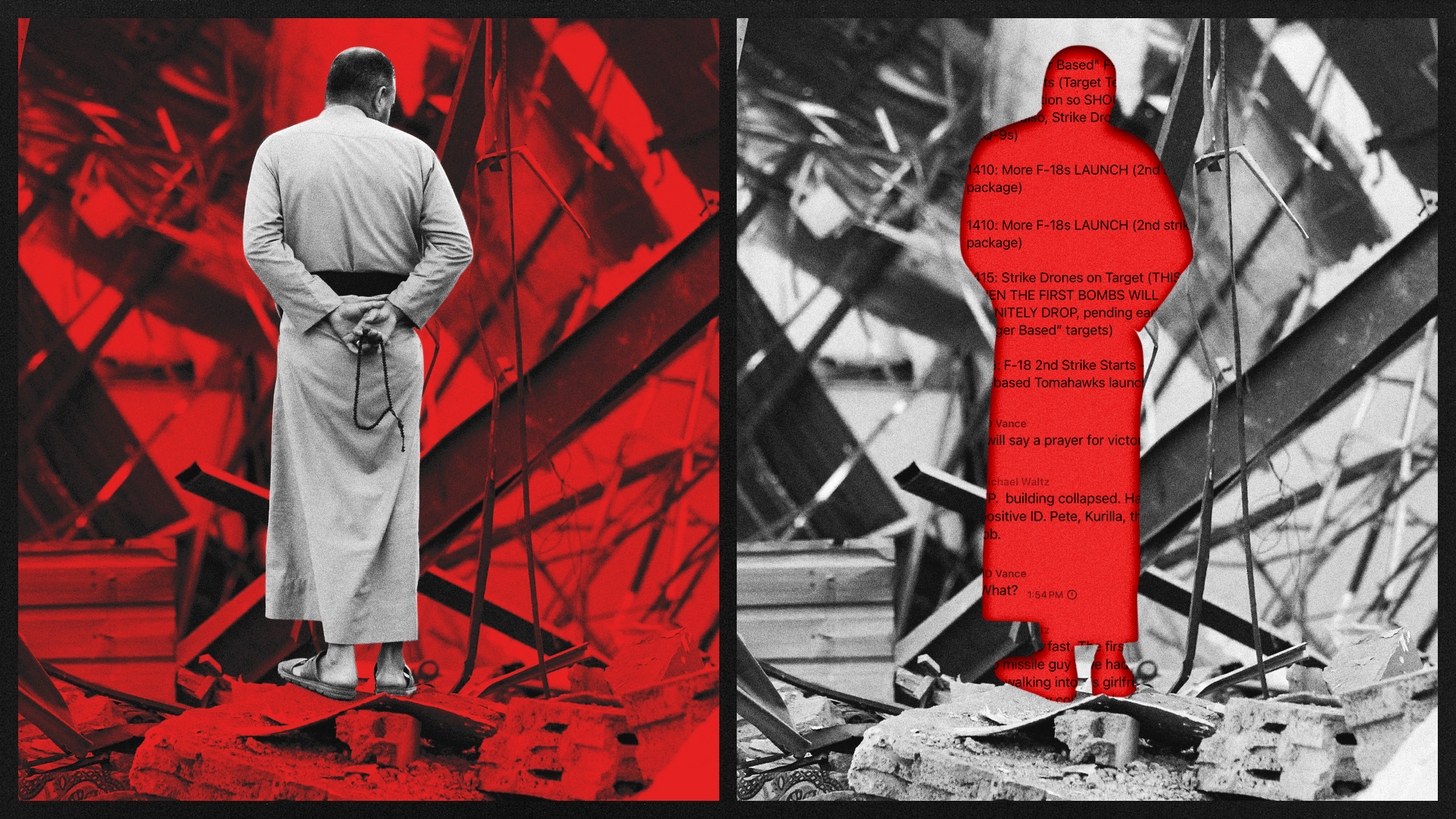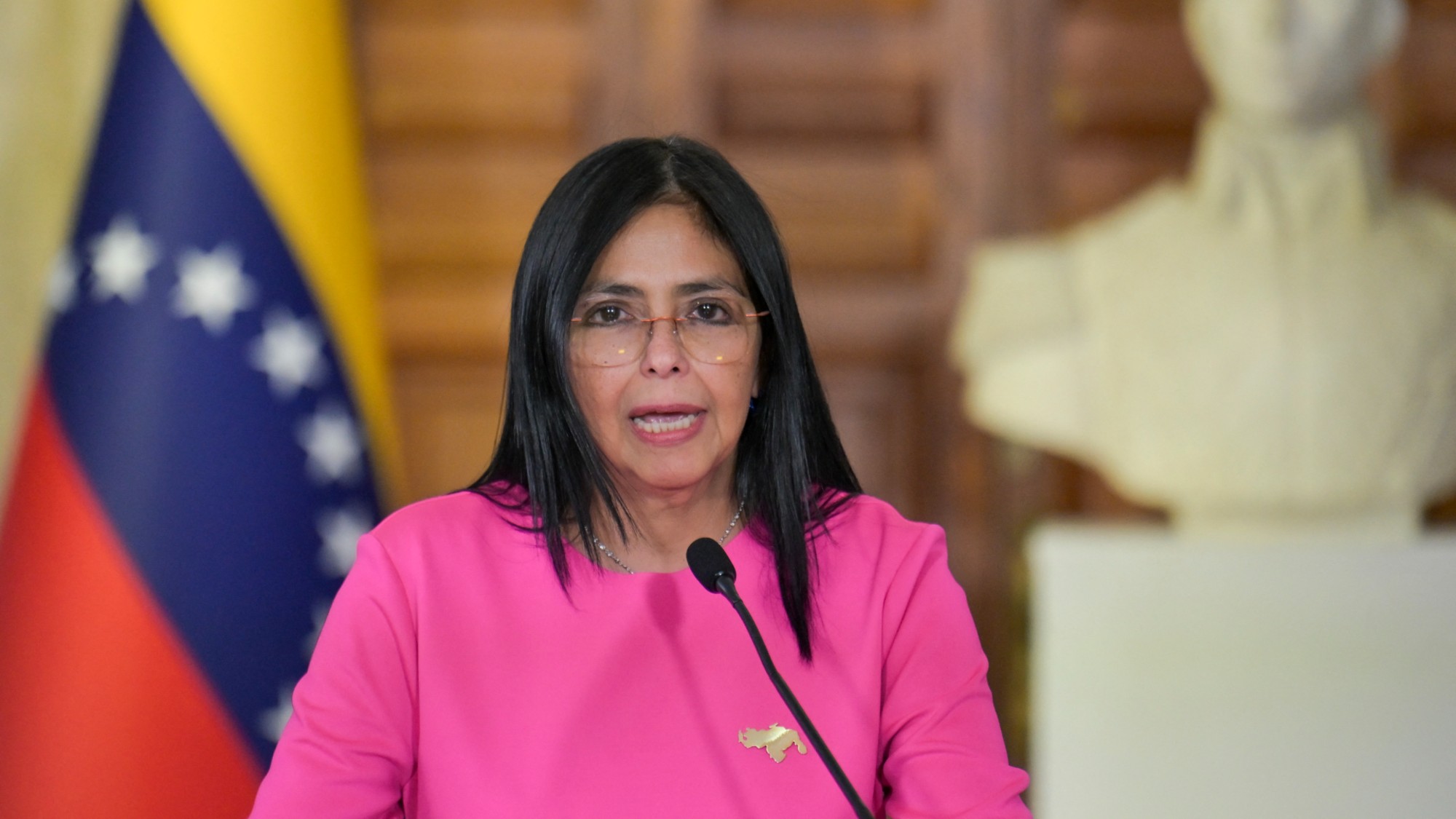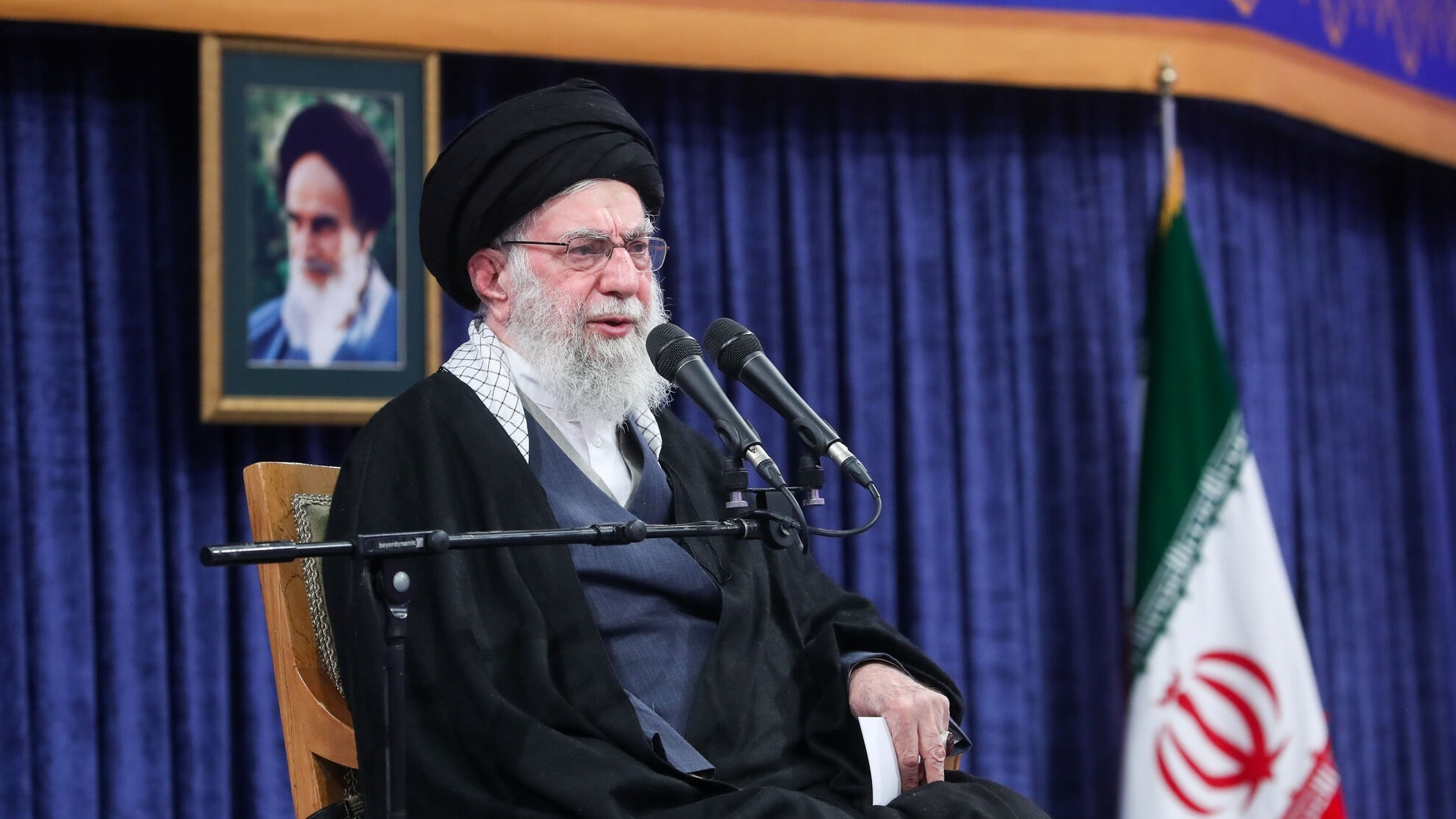Yemen is the next humanitarian crisis in the Middle East
The country has been dealing with humanitarian issues for years that are being exacerbated by war


A free daily email with the biggest news stories of the day – and the best features from TheWeek.com
You are now subscribed
Your newsletter sign-up was successful
Yemen has been suffering under a brutal civil war for over a decade, but newfound factors are exacerbating one of the Middle East's most dire humanitarian crises. The country has been trying to dig itself out of this hole, but continued pressure from Yemen's Houthis — who are engaged in conflict with U.S. forces — is making this a difficult task.
American bombs began falling on the Iran-backed Houthis, the terrorist group controlling northwest Yemen, on March 15 (followed by a highly publicized Signal leak of the operation to a journalist from The Atlantic). This bombing campaign, spearheaded by President Donald Trump, has had limited success, The New York Times found — but it could cause the country's already significant humanitarian crisis to spiral.
Recent fighting
Yemen has been dealing with a humanitarian crisis since it devolved into civil war in 2014, but the recent campaign against the Houthis has "killed civilians and brought further destruction and uncertainty to the poorest country in the Middle East," said The Guardian. As part of their pushback against the U.S., Houthi fighters are reportedly blocking off bomb sites — but towns are being "hit in the middle of the night, which is a sure-fire way to kill civilians," said Niku Jafarnia, a Yemen researcher at Human Rights Watch, to The Guardian.
The Week
Escape your echo chamber. Get the facts behind the news, plus analysis from multiple perspectives.

Sign up for The Week's Free Newsletters
From our morning news briefing to a weekly Good News Newsletter, get the best of The Week delivered directly to your inbox.
From our morning news briefing to a weekly Good News Newsletter, get the best of The Week delivered directly to your inbox.
Saba, a Houthi-led news agency, has reported that the U.S. performed an "aggression targeting of al-Rasoul al-Aadham Hospital Project for Cancer Treatment in Sa'ada city." Western outlets have not verified this, but "independent groups have also suggested a high degree of civilian harm." These types of attacks "may usher in a new phase of war and instability for Yemen," said Al Jazeera.
And while Trump has claimed that the Houthis have been "decimated by the relentless strikes," that is "not what Pentagon and military officials are privately telling Congress and allied countries," said the Times. These officials have "acknowledged that there has been only limited success in destroying the Houthis' vast, largely underground arsenal of missiles, drones and launchers," while at the same time potentially bombing civilians.
'You never know which way things will go'
With the bombings ramping up, aid workers "never know which way things will go," Siddiq Khan, a Yemen director for the aid organization Islamic Relief, said to The Guardian. These attacks have "further scared the organizations here about whether this will be the right place to stay and work. So overall, there's a huge vacuum" of aid workers.
Compounding this is Trump's slashed funding for foreign aid, including the nation's primary civilian foreign aid group, USAID. The White House is attempting to shut down USAID permanently and transfer any remaining duties to State Department offices. Beyond this, the United Nations "suspended its humanitarian operations in the stronghold of Yemen's Houthi rebels" in February following a Houthi attack, said The Associated Press. This additionally affected the "global response to one of the world's worst humanitarian disasters."
A free daily email with the biggest news stories of the day – and the best features from TheWeek.com
To prevent additional humanitarian problems in Yemen, the U.S. needs to "avoid targeting civilian infrastructure," said Mohammed Al-Basha, an analyst who founded the Yemen consultancy Basha Report, to PBS News. It should also minimize as many civilian casualties as possible, which will "avoid giving the Houthis any means or tools to use as propaganda that the airstrikes are killing civilians." Beyond this, the "regional powers and the anti-Houthi coalition in Yemen need to sit down and figure out" a long-term policy.
Justin Klawans has worked as a staff writer at The Week since 2022. He began his career covering local news before joining Newsweek as a breaking news reporter, where he wrote about politics, national and global affairs, business, crime, sports, film, television and other news. Justin has also freelanced for outlets including Collider and United Press International.
-
 What to know before filing your own taxes for the first time
What to know before filing your own taxes for the first timethe explainer Tackle this financial milestone with confidence
-
 The biggest box office flops of the 21st century
The biggest box office flops of the 21st centuryin depth Unnecessary remakes and turgid, expensive CGI-fests highlight this list of these most notorious box-office losers
-
 The 10 most infamous abductions in modern history
The 10 most infamous abductions in modern historyin depth The taking of Savannah Guthrie’s mother, Nancy, is the latest in a long string of high-profile kidnappings
-
 Iran and US prepare to meet after skirmishes
Iran and US prepare to meet after skirmishesSpeed Read The incident comes amid heightened tensions in the Middle East
-
 Which way will Trump go on Iran?
Which way will Trump go on Iran?Today’s Big Question Diplomatic talks set to be held in Turkey on Friday, but failure to reach an agreement could have ‘terrible’ global ramifications
-
 Grok in the crosshairs as EU launches deepfake porn probe
Grok in the crosshairs as EU launches deepfake porn probeIN THE SPOTLIGHT The European Union has officially begun investigating Elon Musk’s proprietary AI, as regulators zero in on Grok’s porn problem and its impact continent-wide
-
 Panama and Canada are negotiating over a crucial copper mine
Panama and Canada are negotiating over a crucial copper mineIn the Spotlight Panama is set to make a final decision on the mine this summer
-
 Trump, Iran trade threats as protest deaths rise
Trump, Iran trade threats as protest deaths riseSpeed Read The death toll in Iran has surpassed 500
-
 Iran cuts internet as protests escalate
Iran cuts internet as protests escalateSpeed Reada Government buildings across the country have been set on fire
-
 Delcy Rodríguez: Maduro’s second in command now running Venezuela
Delcy Rodríguez: Maduro’s second in command now running VenezuelaIn the Spotlight Rodríguez has held positions of power throughout the country
-
 Iran’s government rocked by protests
Iran’s government rocked by protestsSpeed Read The death toll from protests sparked by the collapse of Iran’s currency has reached at least 19
